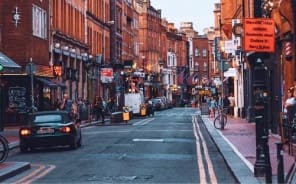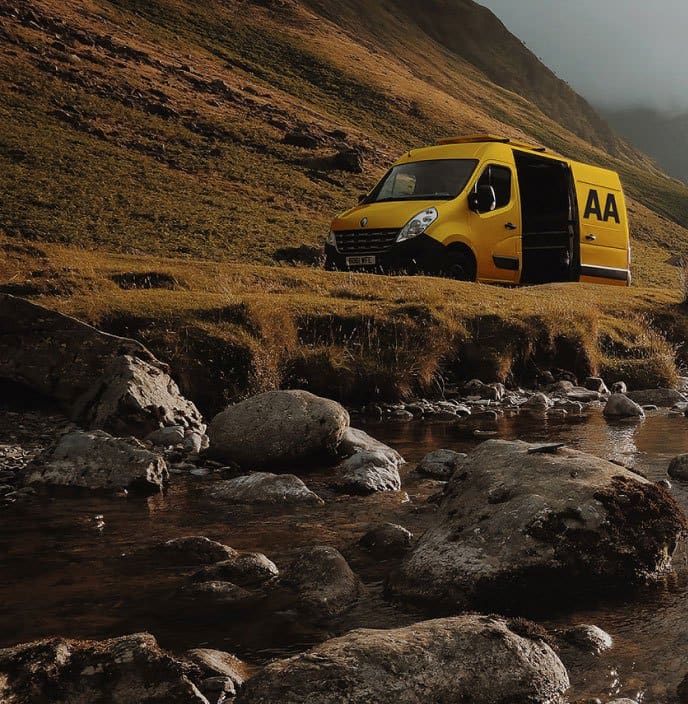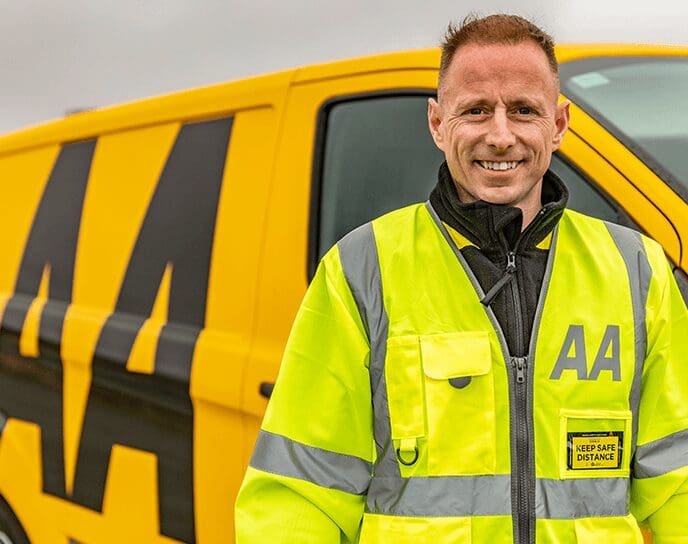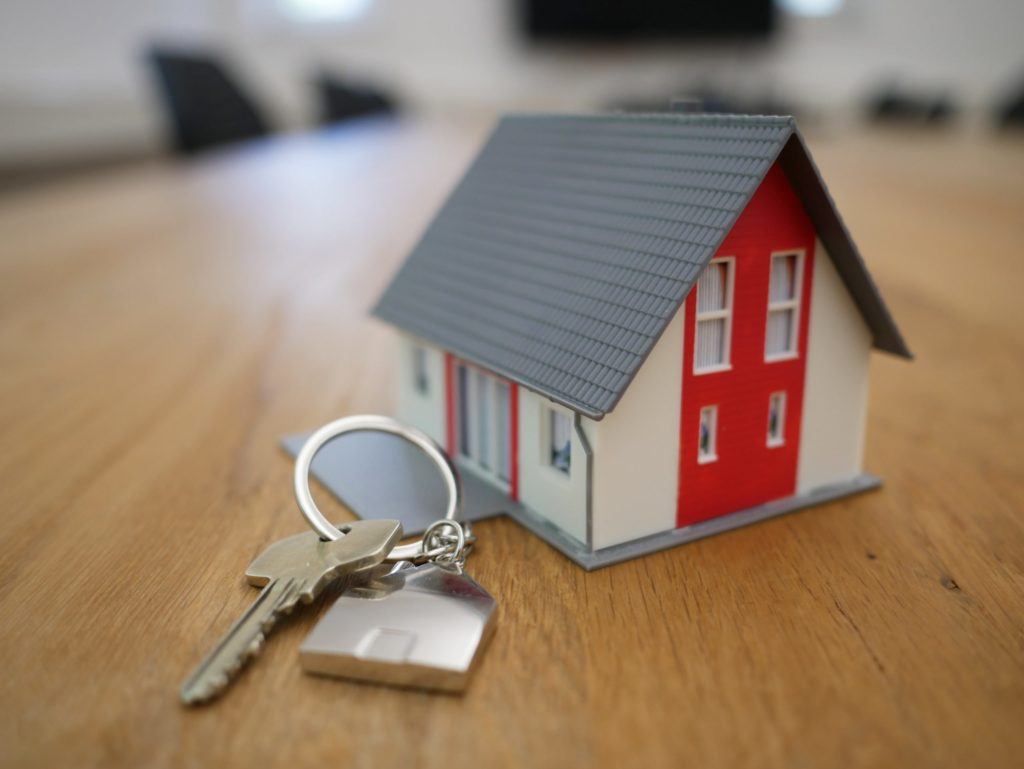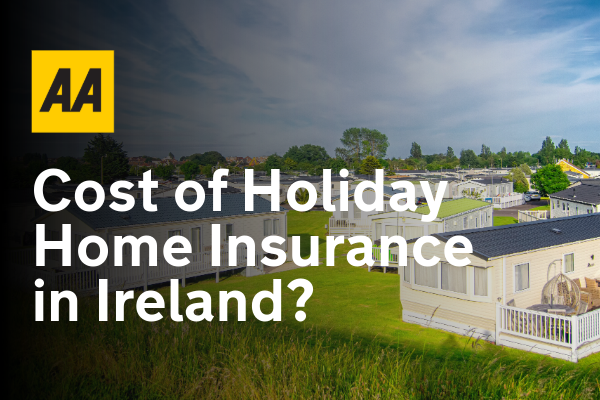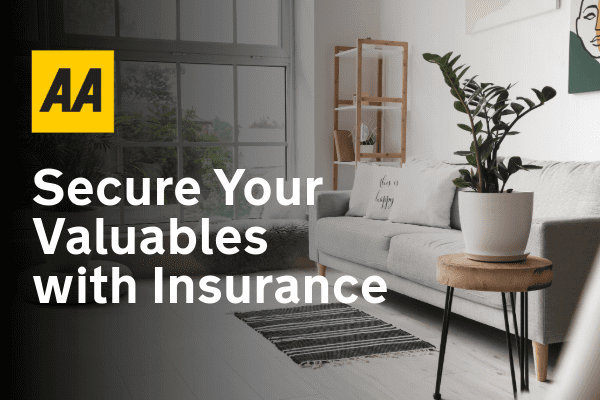We have spent a lot more time at home over the last couple of years than any of us would have liked, so the thought of packing a suitcase and getting out is an exciting prospect. But whether you’re off to another part of Ireland or heading abroad for the first time in a while, there are a few steps you should take to secure your home before you set off.
Check your locks
Don’t wait until the car is packed to discover that one of the doors won’t close properly or that you’ve lost the key for the upstairs windows. Doors and windows are your first line of defence against burglars, so give them a check a few days before your departure date to make sure they’re all in order. Make sure everything closes properly and that there’s no damage to the external frames that an opportunistic thief could take advantage of while you’re away. Investing in good bolts could give extra security and peace of mind.
Switch off
You might already be dreaming of switching off on holiday, unplugging from work and daily responsibilities. But before that, you should literally unplug and switch off any appliances that you don’t need to stay on while you’re away. There’s no need to switch off the fridge or freezer, but don’t leave chargers or hairdryers or TVs plugged in, and don’t leave the dishwasher or washing machine on as you walk out the door.
This can save you money on your electricity bill, but also reduce the risk of an appliance causing a fire or flood while you’re not there to stop it.
Be alarmed
It goes without saying that if you have an alarm fitted, you should put it on while you’re away. There are lots of different types of alarms on the market, from standard noisemakers to monitored systems with all the bells and whistles. We have more on this here.
It’s worth checking your alarm system is in good working order a few days before you head off, and that all sensors are working. If you’re going to be far away and unable to check it yourself, it’s a good idea to add a trusted neighbour or friend who lives nearby as an authorized keyholder on your monitored system.
Speaking of friends and neighbours…
If you’re going to be away for a few days, leave a key with a trusted friend or neighbour and ask them to keep an eye on the place. They can help to make your house look inhabited from the outside by calling in, removing post from the front door, opening or closing the gates, and changing the lights and curtains.
If you’re going to be gone a long time, it’s also a good idea to ask them to start your car engine every so often – this can help avoid battery trouble when you get back and even deter rodents from making a nest in your engine (yes, that can happen!).
If they can’t call in every day, timer plugs and sensor lights are also useful for making your house look less empty at night.
Stay anti-social
As exciting as it is to be on holiday, think twice before you post on social media. Everyone loves a good snap of the Cliffs of Moher, and, yes, that shot of your entire family on a sunny beach is lovely, but remember this could be broadcasting to the world that your house is unoccupied.
Think about whether the post could make it very obvious that your house is empty, especially if your post is publicly visible and/or your previous posts make it easy to tell where you live. If in doubt, use a “Close Friends“ privacy option to control who sees it, or just wait until you get home to share the best shots.
Be insurance-savvy
We hope that the worst thing you come home to is gone-off milk. However, if things have really gone wrong, making a claim on your insurance will be easier if you were already organised.
It’s helpful to keep receipts, guarantees, instruction manuals, valuations or photographs of your valuables as these can support your claim. You may also be asked to provide estimates or invoices for claims. If the claim involves a building repair, normally two estimates are required.
Keep in mind that there is a difference between home insurance and contents cover.
Home insurance covers the cost of rebuilding your home should something happen to it. Contents cover includes items such as furniture, carpets, appliances, ornaments, clothes and sports equipment.
It’s important to keep your contents cover up to date. A simple way of working out how much you should insure your items for is to go room-to-room and write down how much it would cost to replace everything. Expensive items such as jewellery or antiques should ideally be professionally valued.
If something has been stolen from your home or your house has been broken into, call the Gardaí and make a note of the crime reference number they give you.
Get an AA Home Insurance quote or call the team on 01 674 0444.

